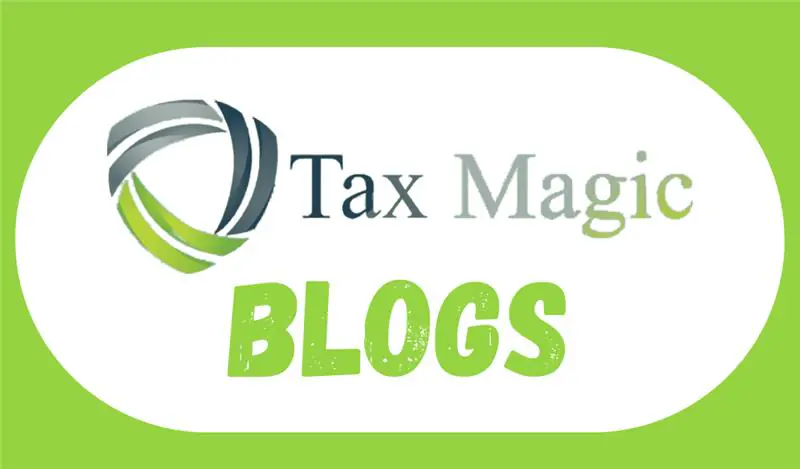- Locations
- Mon - Fri : 09:00 - 17:00
- (888) 333-5994
- Client Portal

Menu
- Locations
- Mon - Fri : 09:00 - 17:00
- (888) 333-5994

Tax planning is not just about saving money but also about optimizing your financial resources to achieve long-term goals. With the right strategies, you can minimize your tax liabilities while ensuring compliance with the law. In this article, we’ll delve into various tax planning strategies that can help individuals and businesses alike make the most of their finances.
1) Understanding Tax Planning
2) Importance of Tax Planning
3) Tax Planning Strategies
4) Pros and Cons of Tax Planning Strategies
.
5) Conclusion
6) FAQs
7) References
Tax planning involves analyzing your financial situation from a tax perspective and implementing strategies to minimize your tax liability. It requires careful consideration of various factors such as income, investments, deductions, credits, and business activities.
Effective tax planning is essential for several reasons:
1) Maximizing tax savings: By employing the right strategies, you can legally minimize your tax obligations, leaving more money in your pocket.
2) Achieving financial goals: Tax planning helps individuals and businesses allocate resources efficiently, allowing them to pursue their financial objectives.
3) Ensuring compliance: Proper tax planning ensures that you comply with tax laws and regulations, reducing the risk of penalties and audits.
4) Enhancing cash flow: By reducing tax liabilities, tax planning can improve cash flow, providing more liquidity for investments or expenses.
.
Utilizing Tax-Advantaged Accounts:
Contributing to retirement accounts such as 401(k), IRA, or Roth IRA can lower taxable income while saving for the future.
Health savings accounts (HSAs) offer triple tax benefits: contributions are tax-deductible, earnings grow tax-free, and withdrawals for qualified medical expenses are tax-free.
Deductions and Credits:
Itemizing deductions for expenses such as mortgage interest, property taxes, and charitable donations can lower taxable income.
Taking advantage of tax credits such as the Earned Income Tax Credit (EITC) or Child Tax Credit can directly reduce tax liability.
Timing Income and Expenses:
Deferring income to future years or accelerating deductions into the current year can optimize tax liabilities.
Timing investment gains and losses strategically to offset taxable income.
Strategic Investments:
nvesting in tax-exempt municipal bonds can generate income free from federal taxes.
Utilizing tax-advantaged investments such as qualified dividends and long-term capital gains can reduce tax rates.
Business Structures:
Choosing the right business entity, such as an LLC or S Corporation, can offer tax advantages such as pass-through taxation.
Taking advantage of business deductions for expenses such as equipment purchases, business travel, and employee benefits.
Charitable Giving:
Donating appreciated assets such as stocks or real estate can result in significant tax benefits, including deductions for the fair market value of the asset and avoidance of capital gains tax.
PROS
1) Maximizes tax savings
2) Helps achieve financial goals
3) Ensures compliance with tax laws
4) Improves cash flow
.
CONS
1) Requires time and expertise
2) May involve complex regulations
3) Strategies may vary based on individual circumstances
Q: Can anyone benefit from tax planning?
A: Yes, tax planning is relevant for individuals, businesses, and organizations of all sizes and income levels.
Effective tax planning is a critical aspect of financial management, allowing individuals and businesses to minimize tax liabilities while optimizing resources for future growth. By employing a combination of strategies tailored to your specific situation, you can achieve significant savings and ensure long-term financial success.
By implementing these tax planning strategies, individuals and businesses can navigate the complexities of the tax system with confidence, maximizing savings and minimizing hassles.

Tax Deductions 2024 Maximize Savings with Our Ultimate Guide —

when are tax refunds issued 2024? —

Understanding 1099 vs W2: A Comprehensive Guide for Workers —
By following the guidelines outlined in this article, you can ensure a smooth and timely tax refund process in 2024, providing financial relief and peace of mind during the tax season.

Our goal is to provide the feeling of a personal tax consultant alongside security, Confidence, and protection. We combine industry expertise